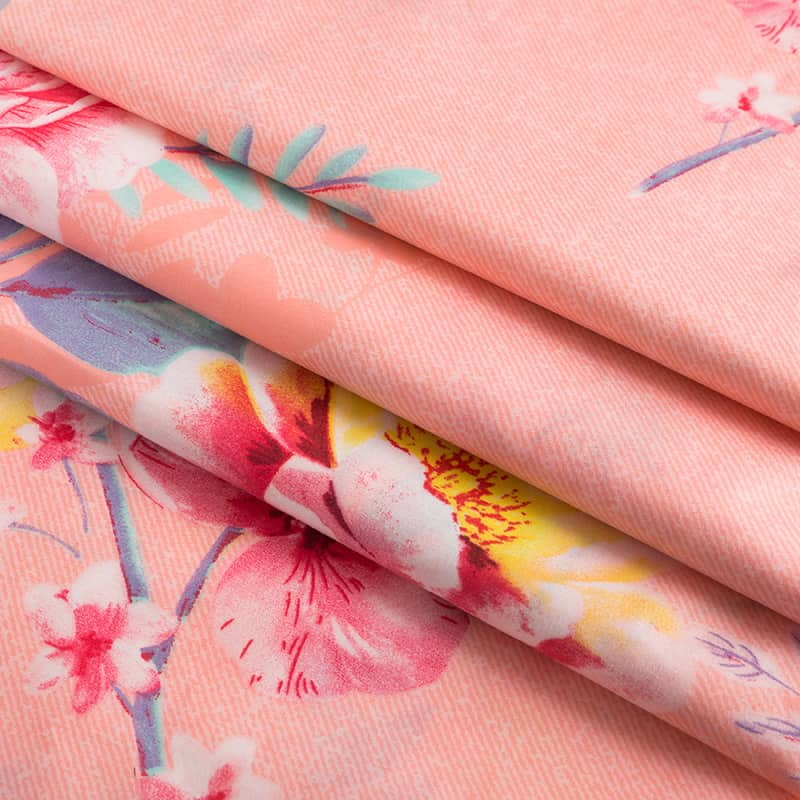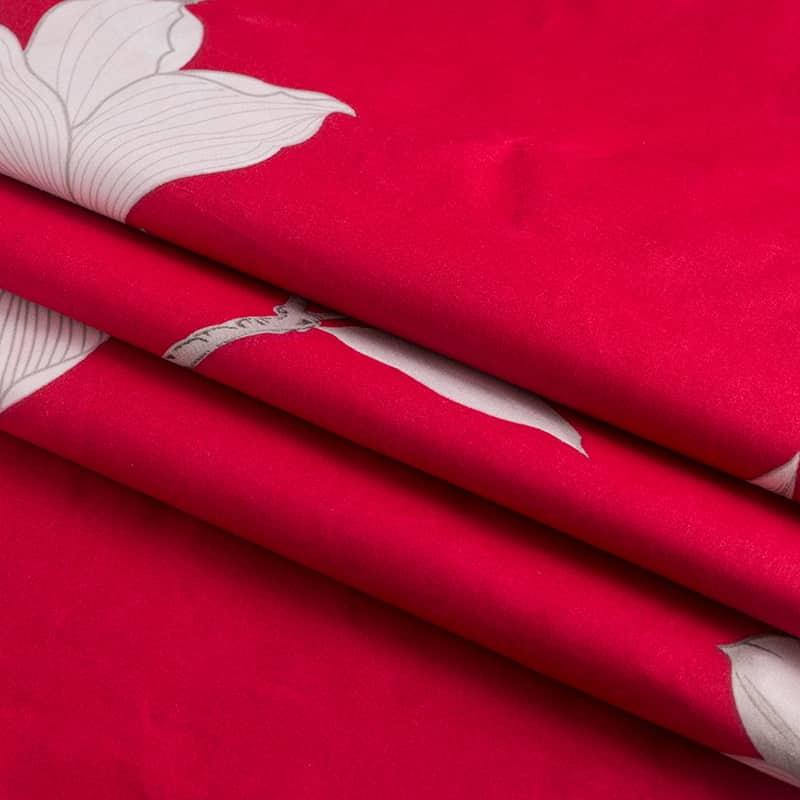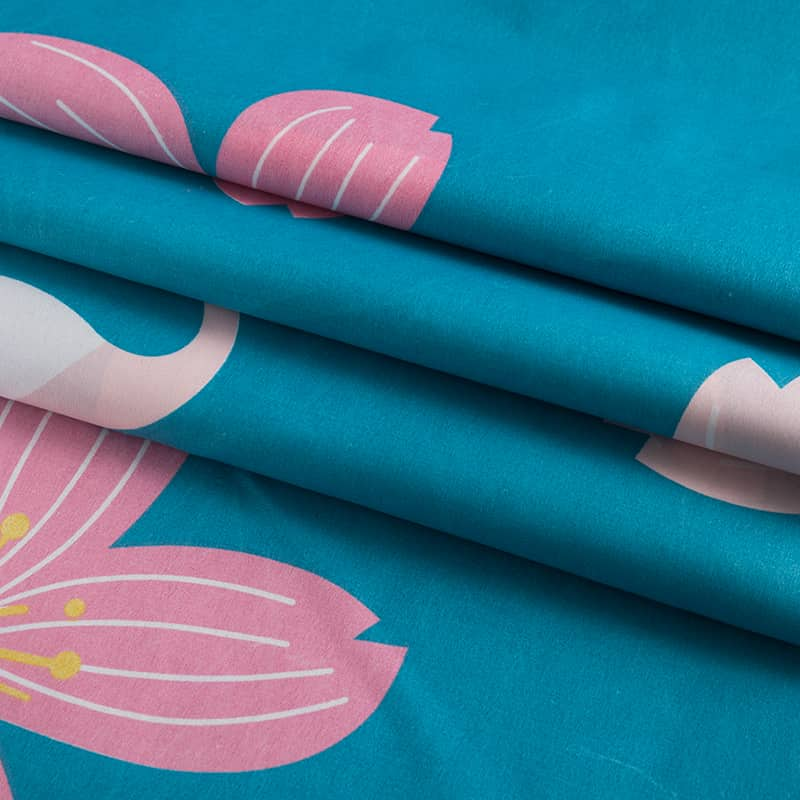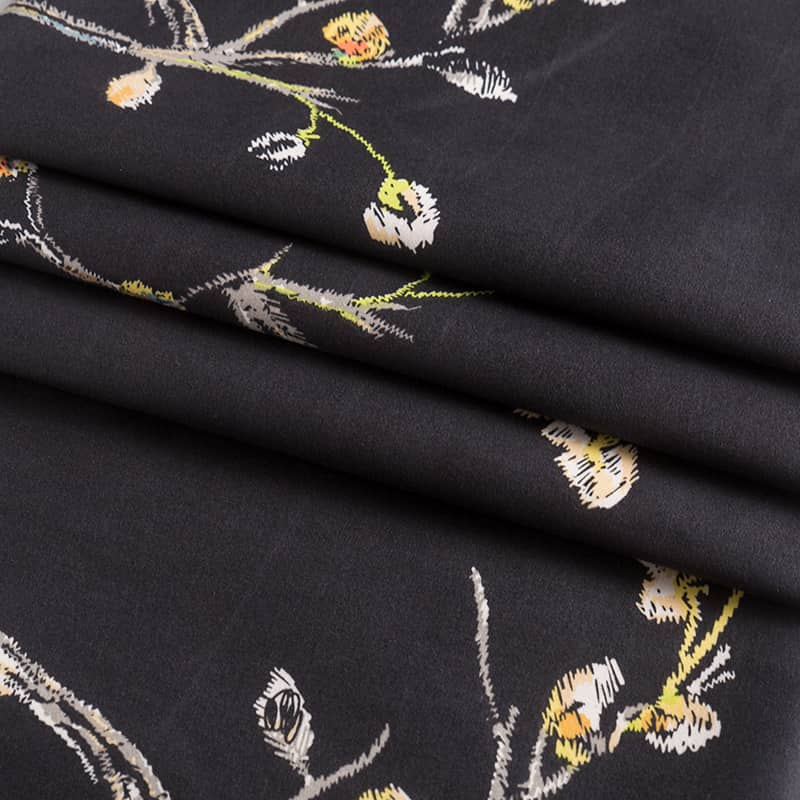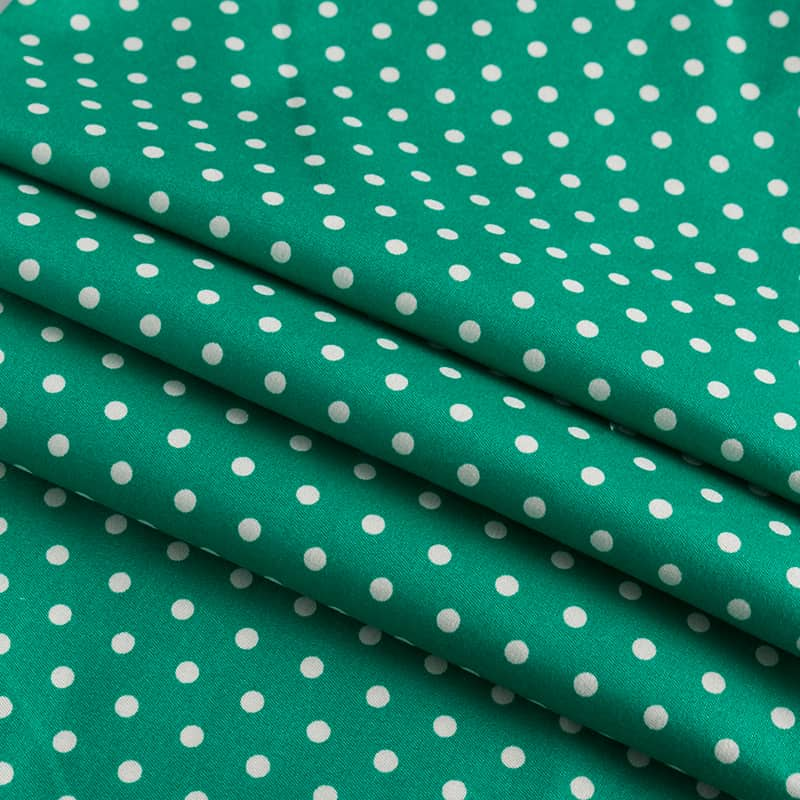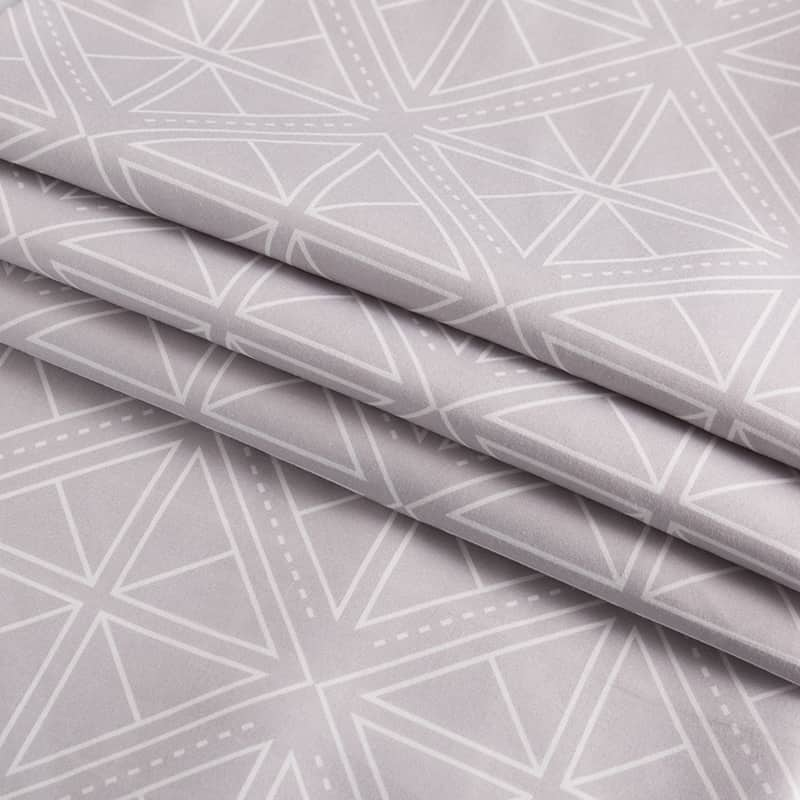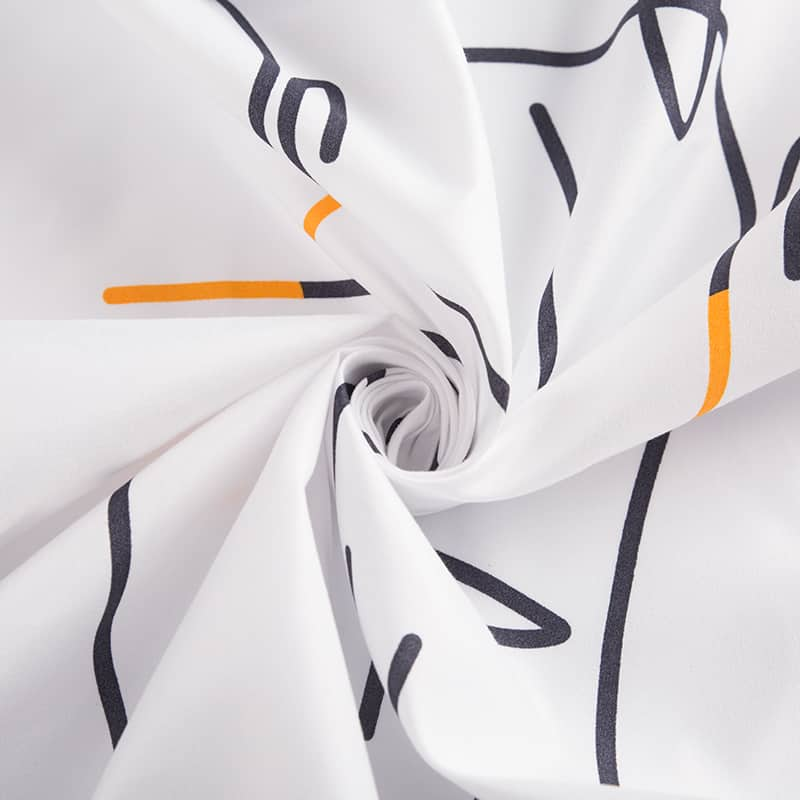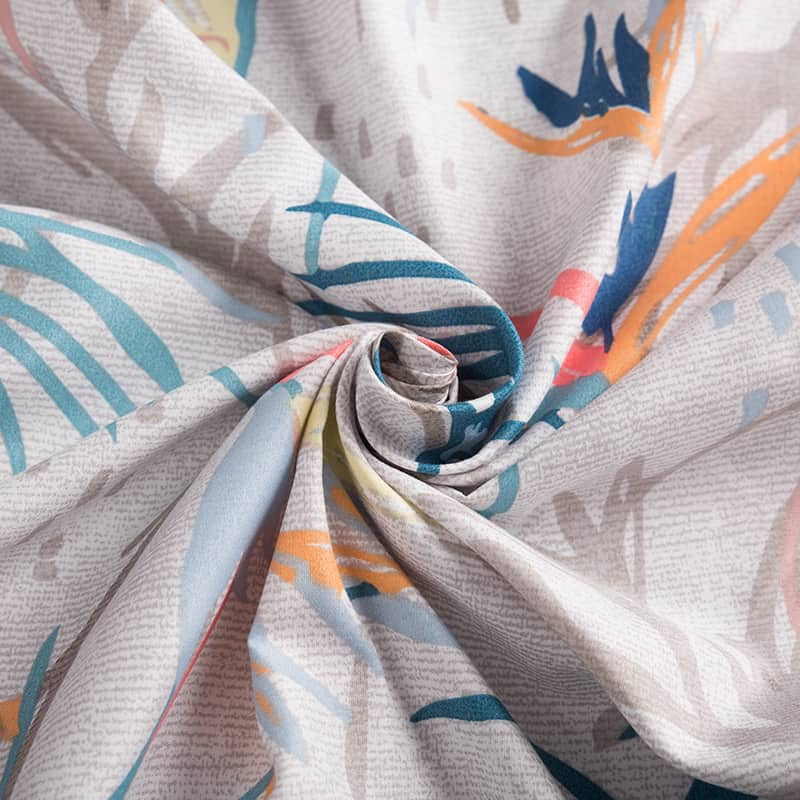Polyester dyed fabric has undergone a transformative breakthrough, revolutionizing the fashion industry with sustainable alternatives. The textile industry has long been criticized for its detrimental impact on the environment due to water-intensive dyeing processes and harmful chemical discharge. However, a pioneering eco-friendly approach to dyeing polyester fabric is gradually reshaping the landscape.
Traditional dyeing methods generate significant pollution, requiring vast amounts of water, energy, and toxic chemicals. In response, the pursuit for more sustainable options has led to the emergence of polyester dyed fabric that not only mitigates environmental harm but also retains color vibrancy and durability.
This groundbreaking process employs a closed-loop system that recycles and reuses water, reducing the overall demand for freshwater resources. By circulating water in a closed circuit, the textile industry can slash water usage by up to 90%, making a substantial positive impact on natural habitats and conserving precious water sources.
Furthermore, the elimination of harmful chemicals in dyeing processes marks a significant step forward in minimizing pollution, protecting both workers' health and the environment. The new approach replaces conventional reactive dyes with sustainable alternatives, derived from natural sources, such as plants and vegetables. These organic dyes offer vibrant, long-lasting colors while upholding eco-friendly principles.
Polyester dyed fabric employing this novel technique has been found to boast exceptional colorfastness, with the hues remaining vivid and true, even after multiple uses and washes. This longevity not only satisfies consumers' demand for durability but also reduces the need for constant re-dyeing, conserving resources and reducing waste.
As a result of these advancements, major fashion brands have started to embrace sustainable polyester dyed fabric to meet growing consumer interest in eco-friendly garments. By incorporating this fabric into their collections, designers can now offer environmentally conscious consumers high-quality, fashionable apparel that aligns with their ethical values.
The emergence of sustainable polyester dyed fabric marks a significant milestone for the fashion industry's journey towards greater sustainability. By embracing eco-friendly alternatives, fashion brands can reduce their carbon footprint, save water, and protect ecosystems, without compromising on style or quality. As consumers increasingly prioritize sustainability, this innovative approach to polyester dyeing is poised to transform the industry for the better, ushering in a new era of responsible fashion.
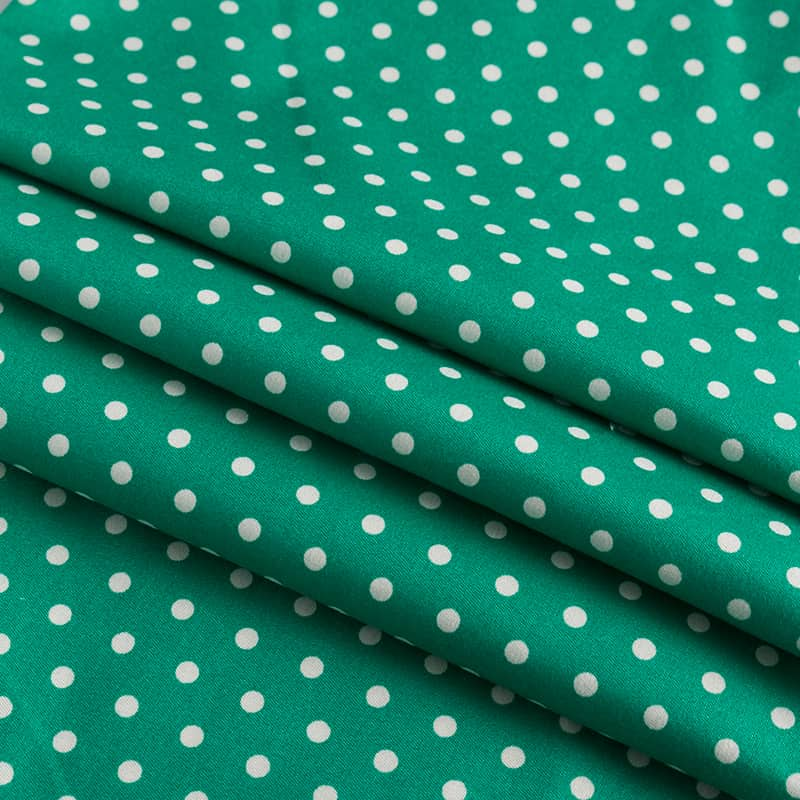


 英语
英语 西班牙语
西班牙语
